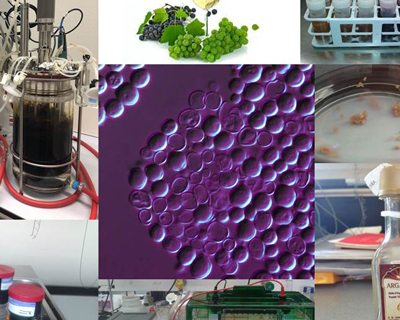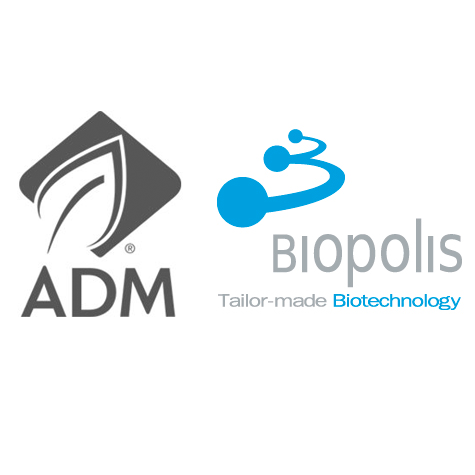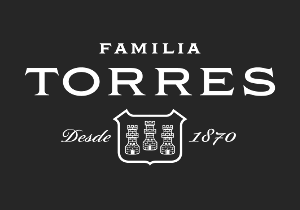Title: Impact of the metabolic regulation by nutrients and redox status on the technological performance of wine yeasts
Research Group: Industrial Yeasts Biotechnology
The alcoholic fermentation of grape juice to produce wine is a microbiologically complex process where many microorganisms are involved, mainly several types of yeasts. In a spontaneous fermentation the metabolic characteristics of all yeast present on grapes and in the cellar produce, not only the transformation of grape must into wine, but also the imprinting of the characteristics and subtleties that define each type of wine. However, wine production is an industrial process as well, and one of great economic relevance. It should be efficient, so sugar in grape juice are fully consumed in a fast, unstuck way, to give ethanol with the lowest risk of microbial alteration. This important task is mainly carried out by the yeast Saccharomyces cerevisiae, due to its robust fermentative metabolism and its high tolerance to stress conditions present during winemaking. That is why is a common practice to inoculate the juice with a starter of selected strains of well known fermentative efficiency and good organoleptic qualities in the form of active dry yeast. Yeast biomass propagation and drying relies on a robust metabolism too, but this time on a respiratory one, and high stress tolerance to many stressful conditions, some common to the alcoholic fermentation, some specific to this step. Therefore, the key to industrial and commercial success of a wine yeast is its ability to adapt its metabolism to each external nutritional condition and to make it work under adverse conditions. Nutrient signaling and stress tolerance are well-known for S. cerevisiae in laboratory conditions, but their performance and adaptation to the particular conditions of its industrial use are less understood, so it is very important to study them in a global and integrative way. In this grant proposal we aim to deepen in the study of oxidative stress response and how the systems that control the redox status of the cell regulate metabolism, modulating several aspects of yeast physiology and technological efficiency. Besides, we will analyze the connections between nutrient signaling pathways due to their relevance in metabolic regulation and in the ability of yeasts to perform they fermentative duty on natural subtracted with limiting nutrients, particularly nitrogen. The current trend in high quality wine production is to increase their organoleptic personality. So, there is an increasing interest in developing mixed starters containing more than one yeast species, what implies a technological challenge as non-Saccharomyces yeasts have usually a lower biomass yield after the industrial propagation process, as this is optimized for S. cerevisiae. Besides, they usually suffer from a severe loss of fermentative capacity during drying. Our previous results indicate that the biochemical and physiological aspects that are key to an optimal behavior in S. cerevisiae may be not so determinant in other yeast species. Therefore it is necessary the study of their metabolism, adaptive responses and stress tolerance mechanisms to identify technological interventions that may improve their production.
Emilia Matallana Redondo, Agustín Aranda Fernández
- Beatriz Vallejo Estará, FPU contracted predoctoral
- Max Torrellas Marco, Promoción del Talento contracted predoctoral
- Nubia Grijalva Vallejos, Senescyt predoctoral fellow
Ministerio de Ciencia, Innovación y Universidades, Gobierno de España
Lallemand Inc, Biopolis ADM, Bodegas Torres.



















